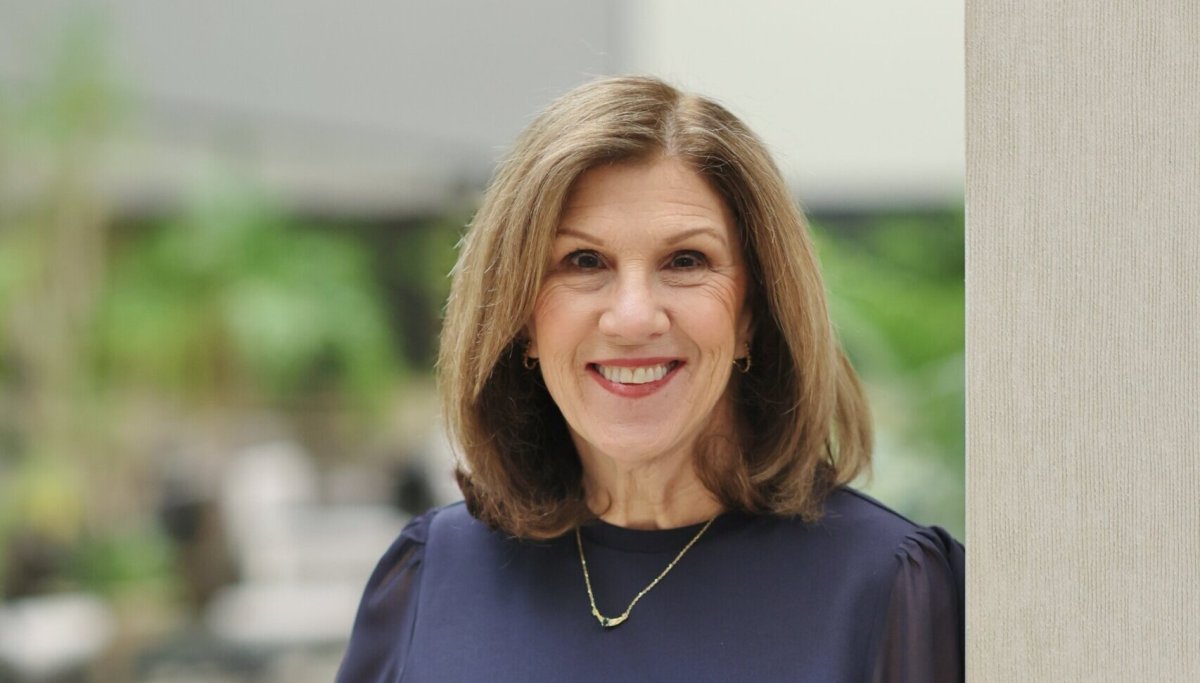Community Mainstreaming: Embracing Everyone’s Abilities
People should be defined by what they can do, not by what they can’t.
That’s the raison d’être for Community Mainstreaming Associates (CMA), an organization that works every day to ensure that individuals with intellectual and developmental disabilities are empowered to lead fulfilling lives. Founded in 1974, Westbury-based CMA commemorates its 50th anniversary this year with a gala on Oct. 24 at the Inn at New Hyde Park and various celebrations throughout the year, including the 30th annual golf outing in May at The Muttontown Club.
“We actually have generations of families who have supported us,” says CMA Executive Director Eileen McDonald Egan. “The fathers of the current chairs of the golf outing founded it 30 years ago.”
Despite significant developments over the years, CMA’s mission has remained the same throughout its half-century history: to help improve people’s lives.
“We were founded by a mom, one of those pioneering mother advocates, who wanted to create an alternative to institutional living for her son in his own community,” says Egan.
FROM PROTECTION TO EMPOWERMENT: EMBRACING ABILITIES
In recent years, Egan says, the organization has endeavored to embrace people’s abilities rather than their disabilities, providing them with more and more opportunities to live fuller lives.
“So instead of being super strict and protective, we’ve learned how to support people to take a little bit of calculated, measured risk and have more fulfilled lives,” Egan says. “They have more relationships; they have jobs; they are able to travel more.”
In the early years, CMA worked exclusively with adults in residential group homes. Today, the organization provides staffing, self-direction and respite services — giving parents the opportunity to have time to recharge — for children as young as 2 or 3 years old.
Geared for clients 18 and over, CMA’s vocational and day programs offer a myriad of choices, from the arts to nutrition, athletics, computers, and general job skills.
“Some of our people do podcasts at North Shore Television studios. And we also go to Hofstra University, where we have visits with the different departments,” says Egan, adding that Hofstra is one of the more popular day program activities.
In the last few years, CMA has moved away from simply providing traditional services to providing more options for people who live at home with their families.
“We provide workers who will go into people’s homes: That’s called community habilitation,” Egan says.
Utilizing CMA’s self-direction services, families hire staff and CMA acts as the fiscal intermediary between the family and the services, helping them navigate an often confusing and complicated bureaucracy.
LISTENING AND ADAPTING
CMA’s evolution over the years is in large part due to a company ethos of listening to clients and their families.
“We have family seminars most months,” says Egan, noting that they just had one on the self-direction program. “We have them in housing. We try to hear what families want. Do they want apartments? Do they want houses? Do they want to live with other people who have disabilities or no other people who have disabilities?”
Affordable housing is a perennially important issue and CMA is currently working with Nassau County to convert a former convent in Inwood into apartments, which people with disabilities will be able to rent at an affordable price.
Over the years, serious mistakes made at certain organizations have led to ever-tightening regulations by the government and mistrust by families, who might want to avoid organizations like CMA.
But, Egan advises, CMA and similar organizations were started by parents and the best of them are willing to evolve with the times.
“Integration and inclusion in schools have improved so much over the years that people who are graduating and coming out of school have more skills and different expectations for what their lives should be,” Egan says. “So as organizations we have to provide them with the support they need.”
In years past, individuals with intellectual and developmental disabilities were treated like children and handicapped by other people’s low expectations of them.
“We have to respect that they are adults who have some of the same needs and wants and dreams as everybody else,” Egan says.
SUPPORTING WORKERS AND CLIENTS
In addition to meeting regularly with local Long Island representatives, Egan heads to Albany each February and March to visit state legislators as they prepare their annual budget, lobbying them about the need for a living wage for CMA’s staff.
“It’s important for our legislators to understand how many people are involved and counting on these staff people, so we do a lot of advocacy,” she says.
For some families, transitioning from school to adult services proves difficult: They’re used to the school system calling the shots and telling them what’s available, and suddenly there are new government agencies involved and no school counselors to guide them.
“Some people get lost for a couple of years. They don’t connect before they leave the school system and they wind up, what is called, ‘falling off the cliff,’” says Egan. “And we’re trying to help find those families and help them get reconnected so that they can have the adult support they need.”
To reach these families, CMA is now seeking grants where they can partner with schools to inform them about the array of services available to them.
CMA works with a number of clients living in group homes for decades, whose parents have died and they don’t have siblings or other family.
“We are their family,” she says, noting that their loved ones will always be living in a good home and be well cared for by supportive people. “That’s of great comfort to some families to know.”
Egan hopes that the next 50 years will see the government supporting innovation, and both families and agencies adapting to the need at hand. For example, a person in a group home’s needs change dramatically from when they’re employed to when they’re older and in need of assistance with medication.
“I would like in the next 50 years for families and organizations and government to work together to have a more flexible dynamic support system where people can get what they need when they need it,” she says.
CMA will host a music bingo fundraising event, from 6:30 to 9:30 p.m. on March 26 at 317 Main St. in Farmingdale. To RSVP, donate to or learn more information about the organization, go to communitymainstreaming.org
PARTNER CONTENT





























